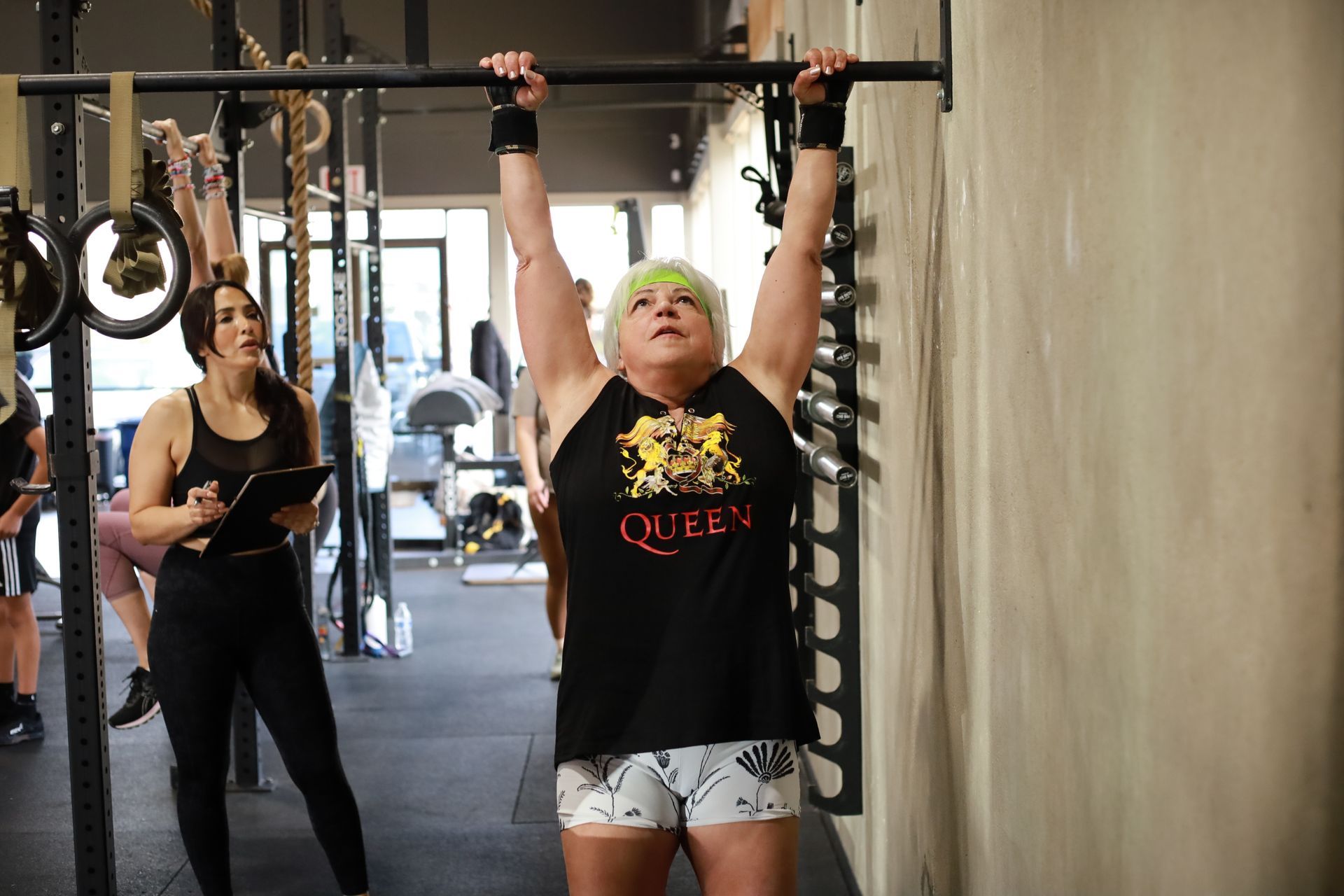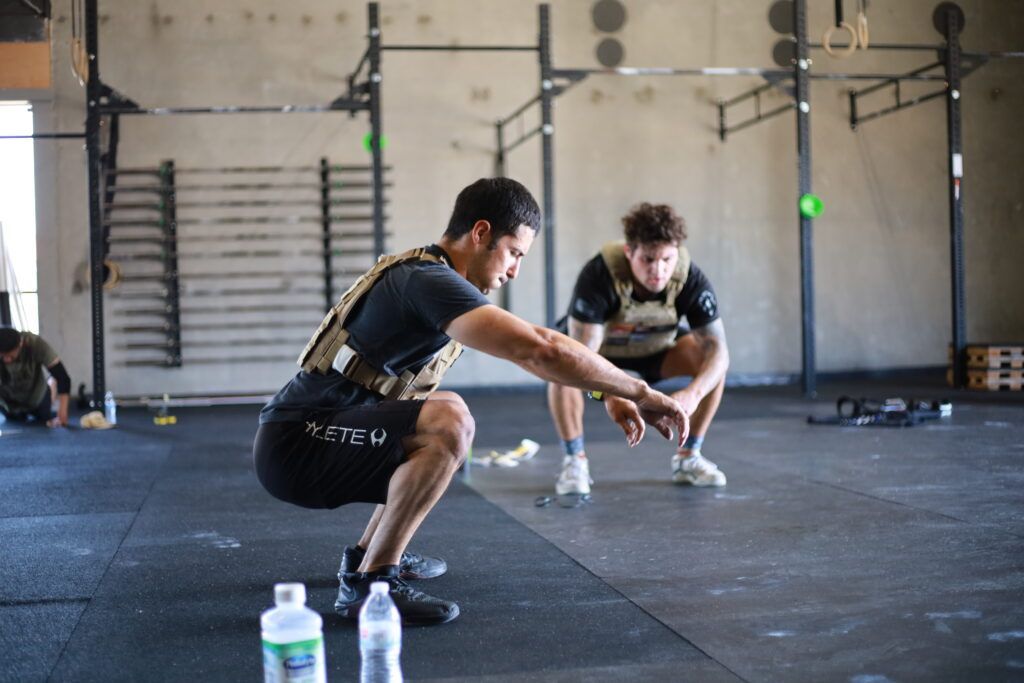What your RHR and HRV are telling you
If you have a smartwatch, chances are it can measure your resting heart rate and HRV. But I think these two data points are overlooked and overshadowed by the calories burned number. Yet, your RHR and HRV are the two data points that can tell you the most about your current health, fitness, and recovery.
But, you don’t know what you don’t know, so let’s chat about it.
Resting Heart Rate (RHR)
What it is and why it is important:
Your resting heart rate tells you your heart beat per minute when at rest. This number gives you a look at how you are doing when it comes to you recovery, fitness, stress levels, sleep quality, and overall health. A lower number indicated that you your heart is becoming more efficient.
What RHR should you aim for?
Genetics definitely play a factor on our RHR/HRV number. For example the average males RHR is lower than females and females RHR changes with their hormone cycle. A health person can be anywhere from 40-80 BPM.
Instead of worrying about how your number compares to others, focus on comparing your RHR to your past average.
How to get your RHR down:
The best thing you can do to get this number down and strengthen your heart is WORKOUT. YAY! You are already starting off strong.
Other things to do to get your RHR down:
- Sleep: Not only get an adequate amount (aim for 7+), but also the quality of sleep.
- Manage stress by using breathing techniques, getting a massage, taking a warm bath, stretching, journaling.
- Consistently workout
- Limit caffeine and alcohol consumption
- Eat mostly whole foods
- Stay hydrated
- Move your body aka get off your butt during the day
What if your RHR spikes up one day?
This is a good indicator that your body is getting beat down by something whether you know it or not. It can be anything from stress, to overtraining, to illness. See this as your body telling you that you need to take it easy.
What about HRV?
Your RHR gives a bigger picture, while your HRV or heart rate variability gives you a snapshot of whats going on now.
Heart rate variability is the variability between each heart beat. This variability is your body ability to deal with stress in the moment. It can essentially let you know what is going on before your RHR can.
Looking at one day of your HRV numbers can tell you how the previous day is effecting you today.
The higher your HRV the better.
What can effect your HRV to drop?
- Dehydration
- Alcohol and caffeine
- Poor night of sleep
- Strenuous workout
- Acute stress
- Poor nutrition
It okay if your levels go up and down day to day; however, if there is a day that is particularly low you may want to reflect on what happened the day prior and turn things around or take it easy. On the reverse side, if you have a particularly high HRV day take a look and what went well the day before.
Last thoughts…
As someone who has been has used a wearable for a long time, let me just remind you…. YOUR DATA IS NOT BIBLE. Once again, technology has its downfalls and ultimately you know your body best. I have had days that my numbers were good, but I felt tired and beat. Also have had vice versa happen. Listen to your body above all!
Hope this helps! And let us know If you have any questions!

Do you need to get your health numbers like RHR down, but haven’t started working out? We would love to be help and be part of your health and fitness journey! Schedule a call here with a staff member to get more info!
The post What your RHR and HRV are telling you appeared first on Makers CrossFit.





